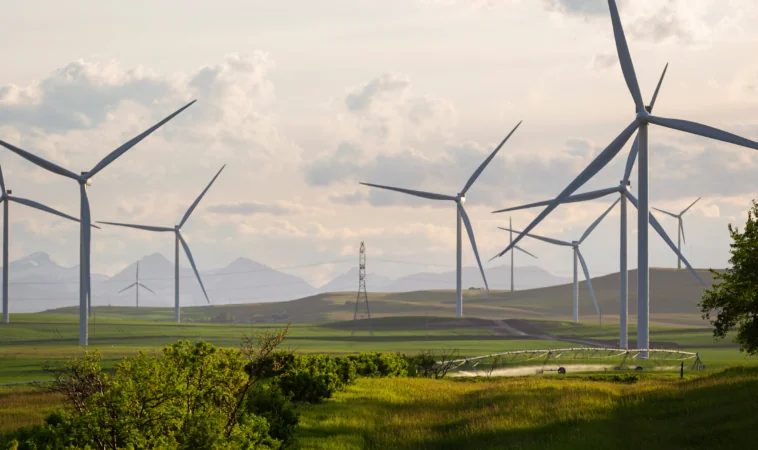
Coal rapidly became the dominant fuel for electricity generation in the UK: in 1950 it provided 97 per cent of all electricity produced. Large coal power plants were built during the 1960s and 1970s, many of them setting records for size and efficiency. During the 1980s coal provided over 70 per cent of UK electricity. This then fell during the 1990s following investment in new gas-fired power plants. But as recently as 2012, coal generation formed 40 per cent of the UK electricity mix.
Government policies and market trends have since combined to rapidly reduce coal use, which fell to just 7 per cent of electricity in 2017. Support for renewables has seen generation grow to 29 per cent, resulting in repeated ‘coal-free days’ during summer months. The UK experienced its first period of coal-free electricity in April 2016, and its first 24 hour period without coal in April 2017. The current record of 76 hours, 10 minutes without coal generation was set in April 2018.
The policy pathway to the phase out of coal
The UK’s Climate Change Act of 2008 committed the government to reducing greenhouse gas emissions 80 per cent by 2050. In 2009, the government announced that it would require any new coal power plants to fit Carbon Capture and Storage technology.
In 2013 the UK introduced an additional carbon price to sit on top of the price paid via the EU Emissions Trading System. This made coal less profitable than gas for power generation, driving a decrease in the level of coal generation. In parallel, coal power plant operators decided to close rather than meet the cost of upgrading to meet EU pollution control standards.
In 2015 the UK Government was the first in the world to announce its ambition to phase out the use of unabated coal power generation entirely from the Great Britain grid, a target it has committed to achieve by the end of 2025.
Following a period of consultation, in January 2018 the UK Government published its proposals for how it will legislate to deliver this end date of 2025. It plans to introduce an emissions intensity limit on coal generating units (of 450g CO2 per kWh), requiring coal generators to either close by 1 October 2025 or reduce emissions to a level in line with the UK’s decarbonisation pathway.




